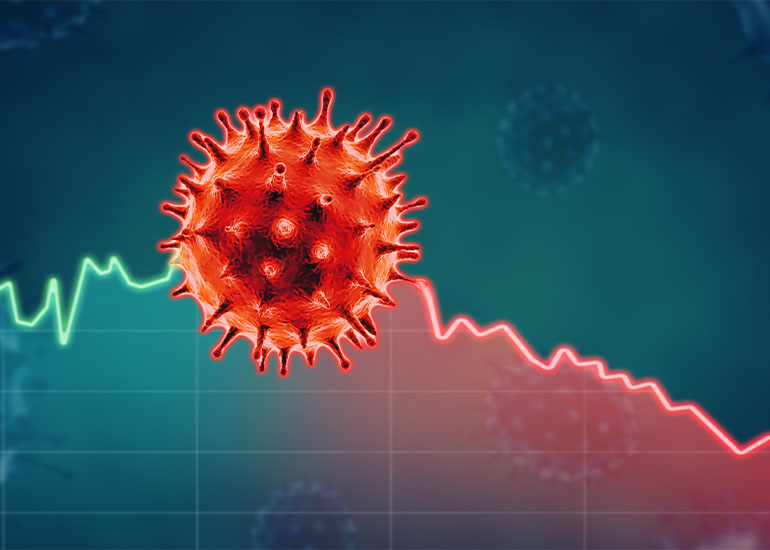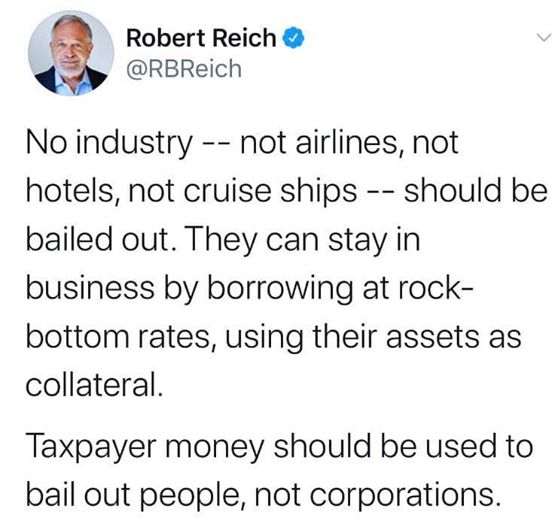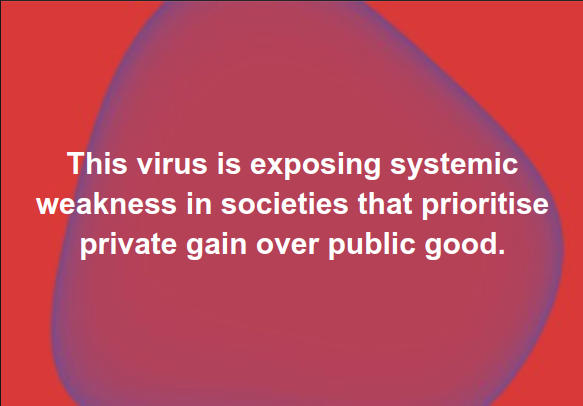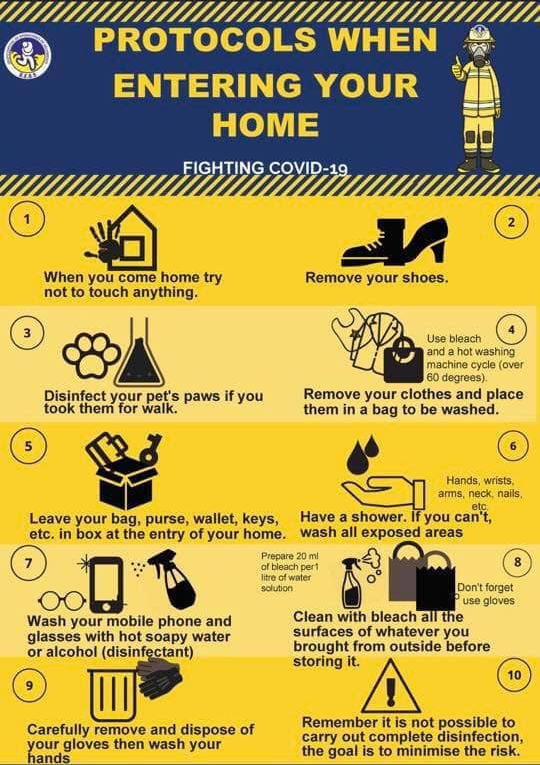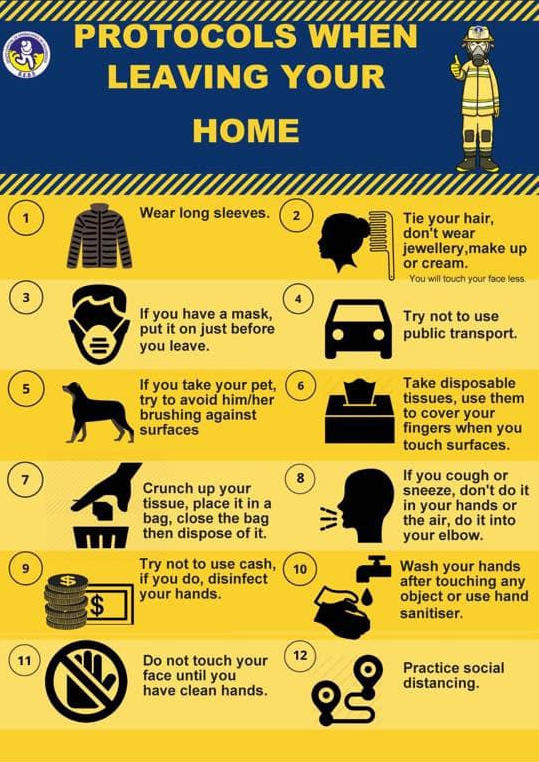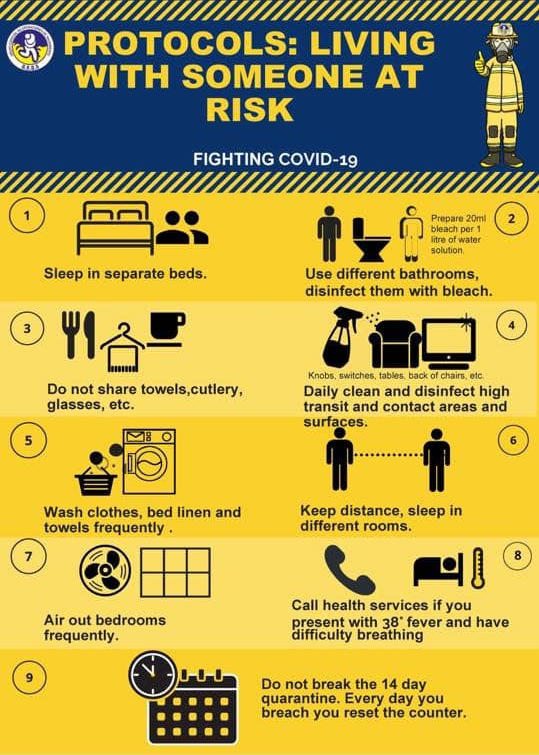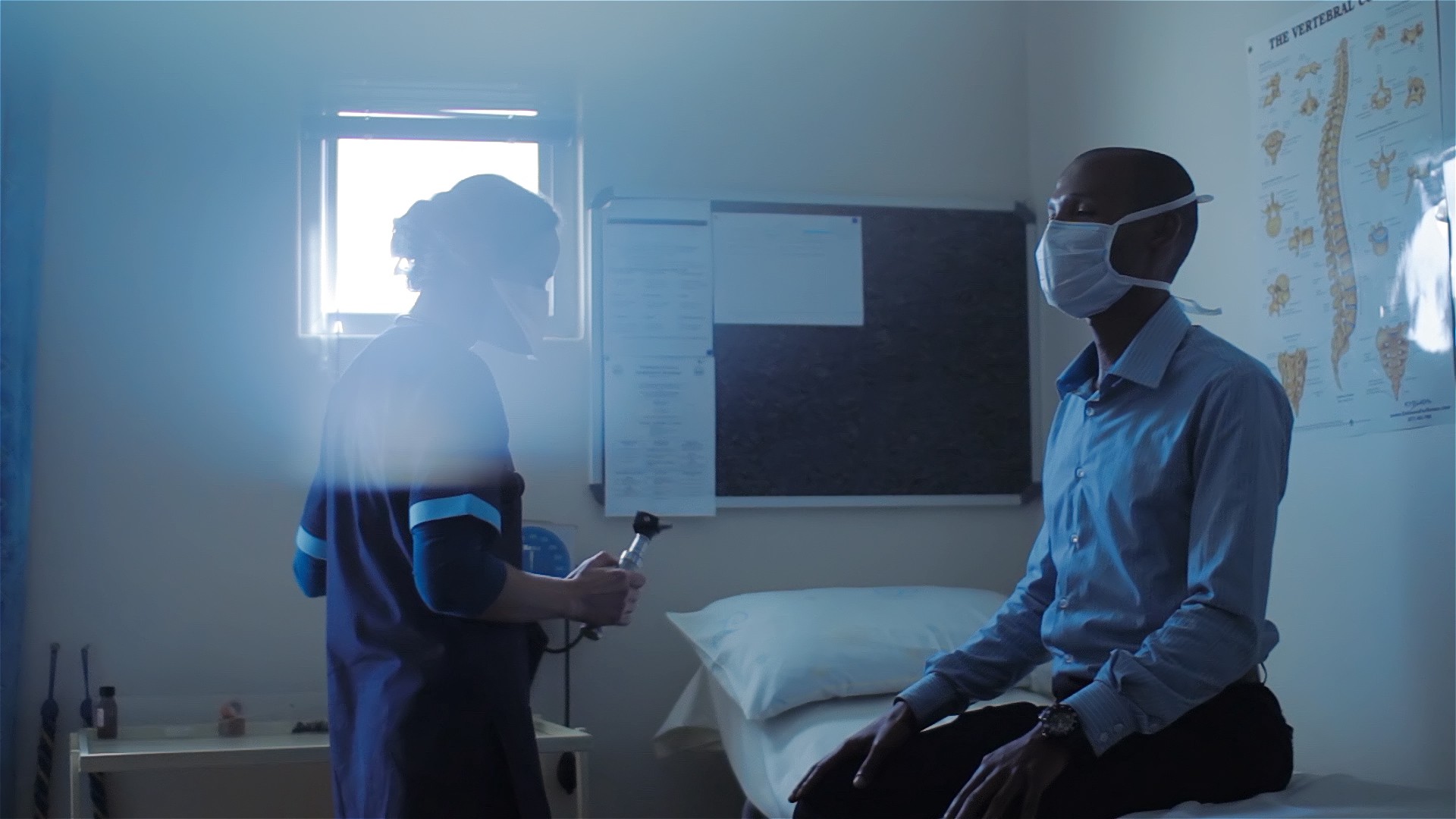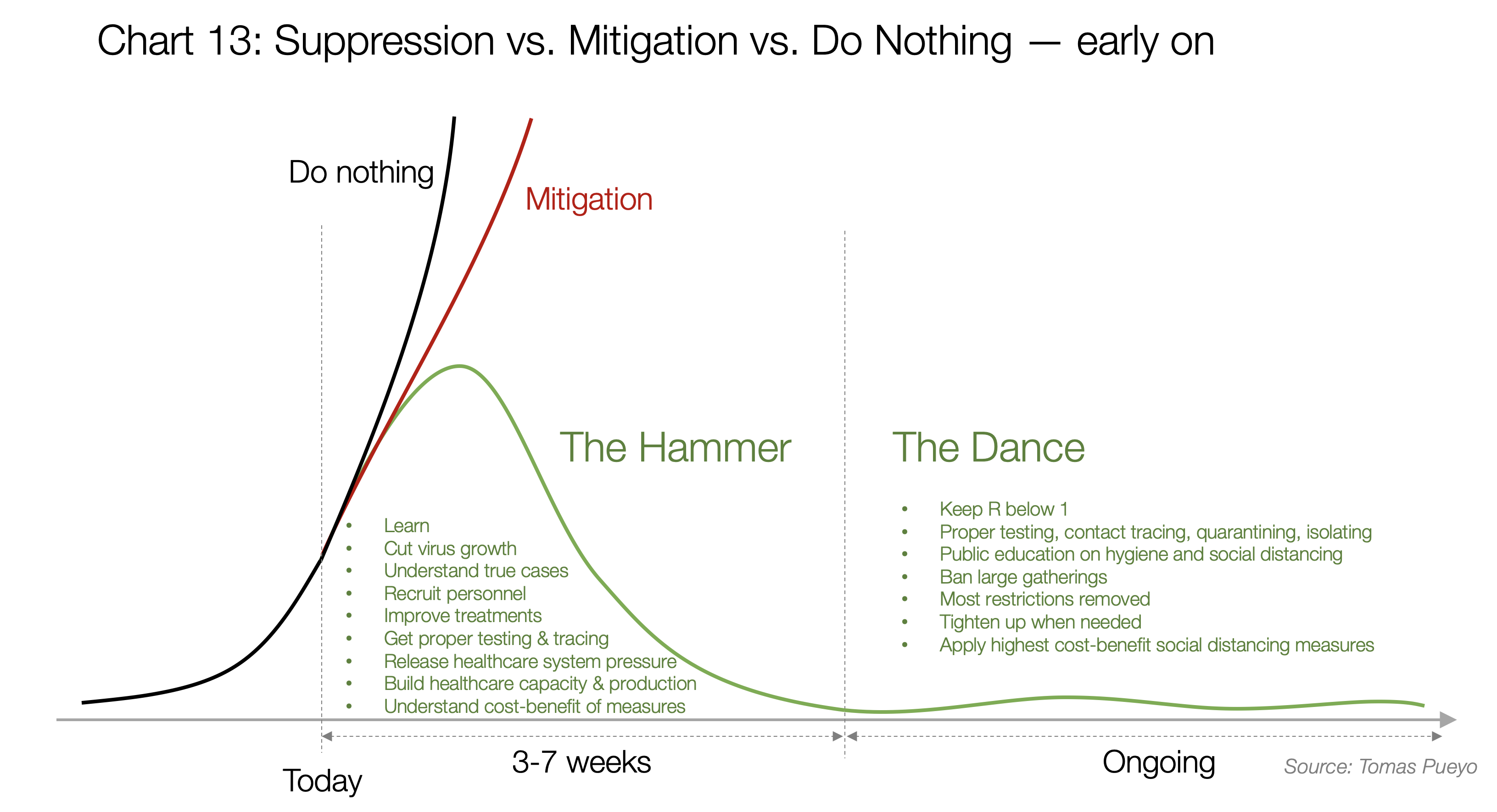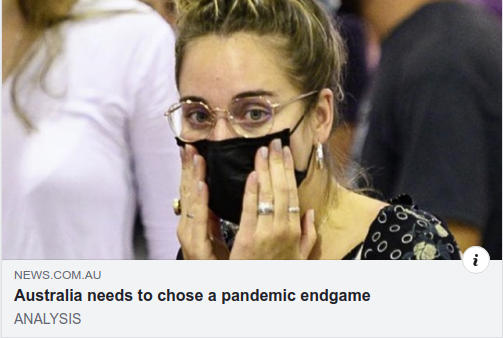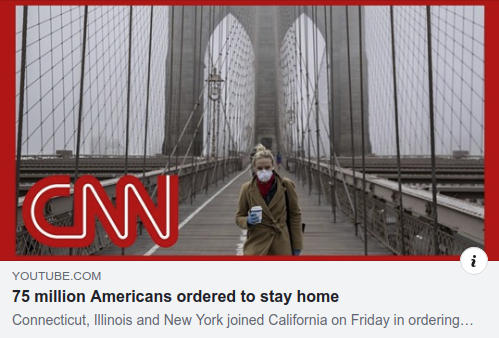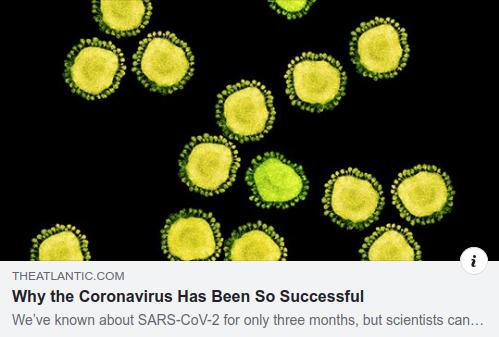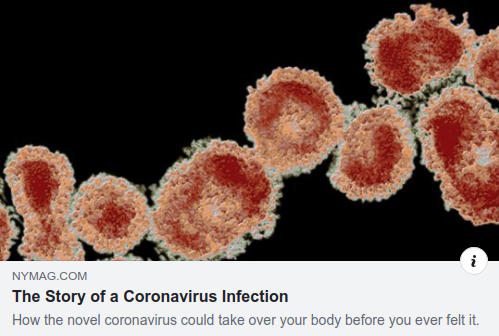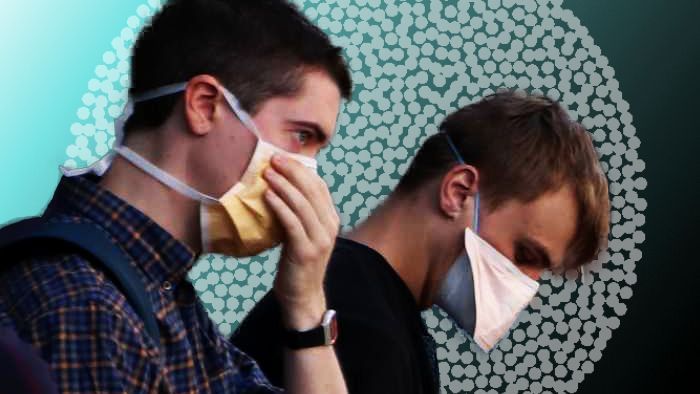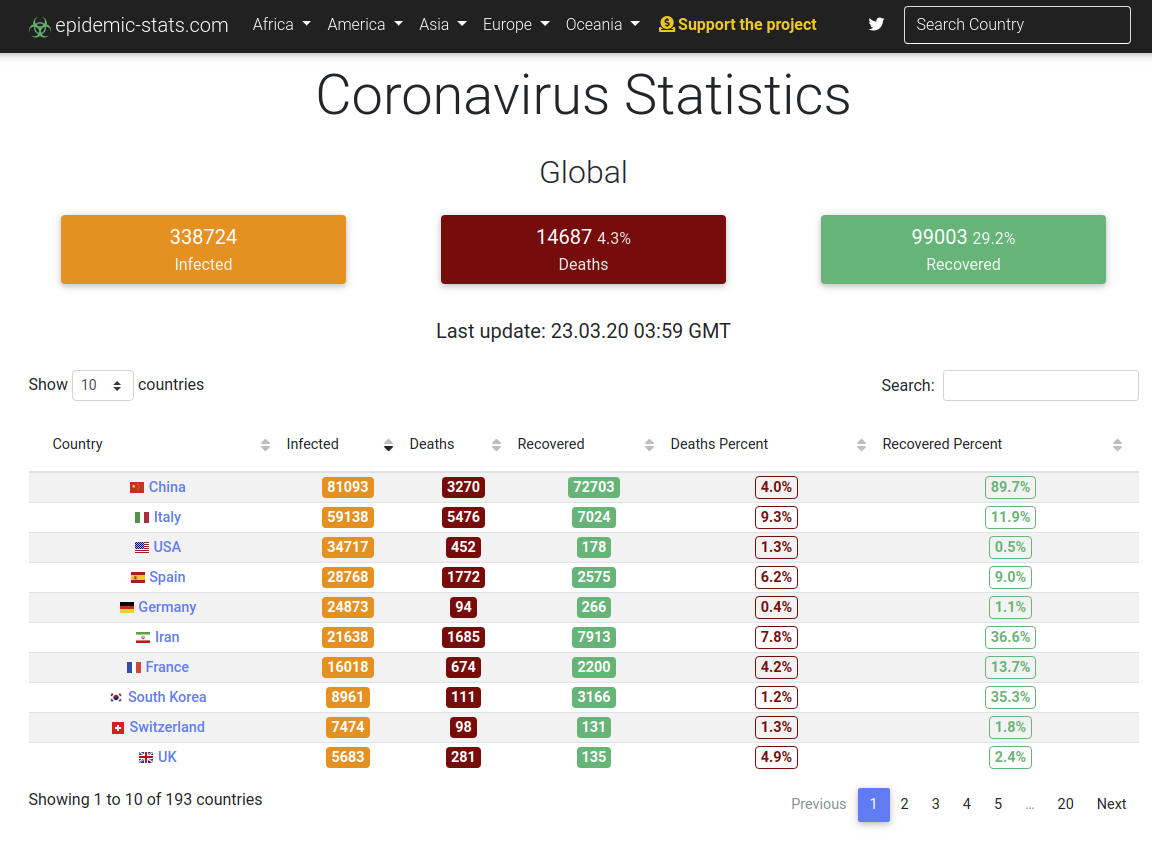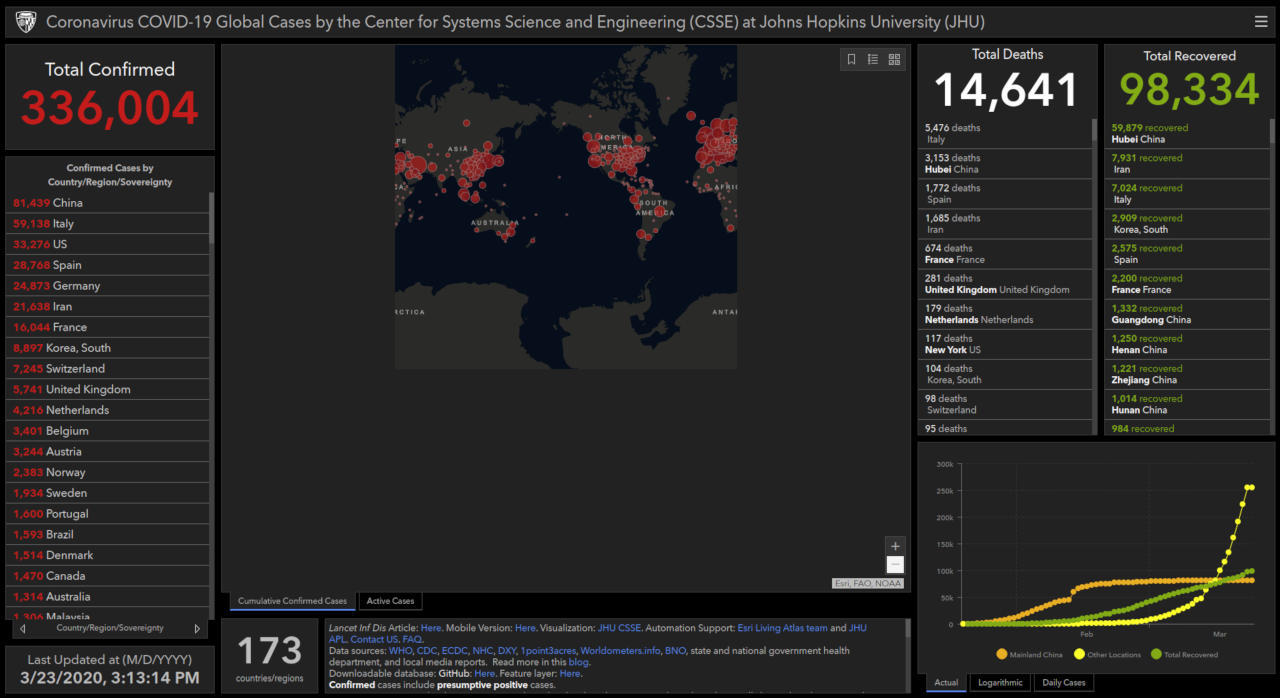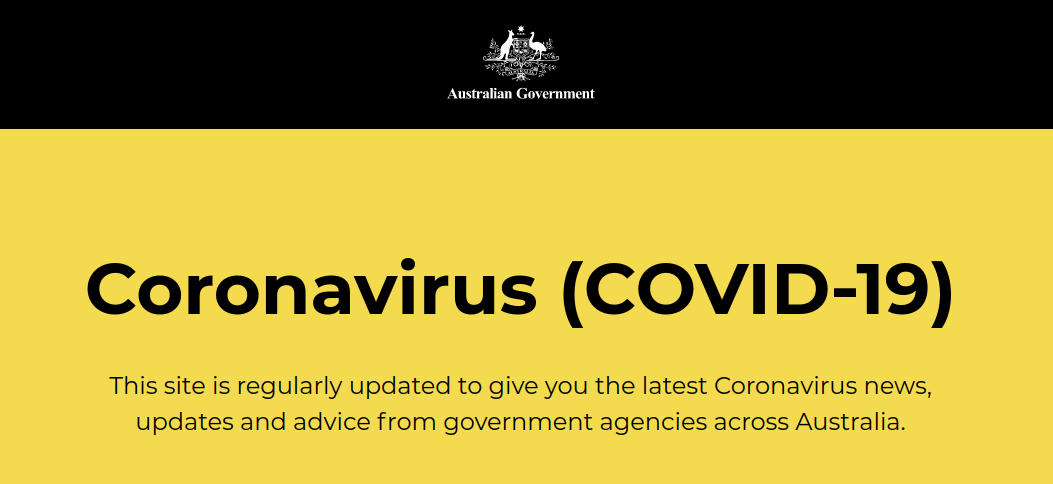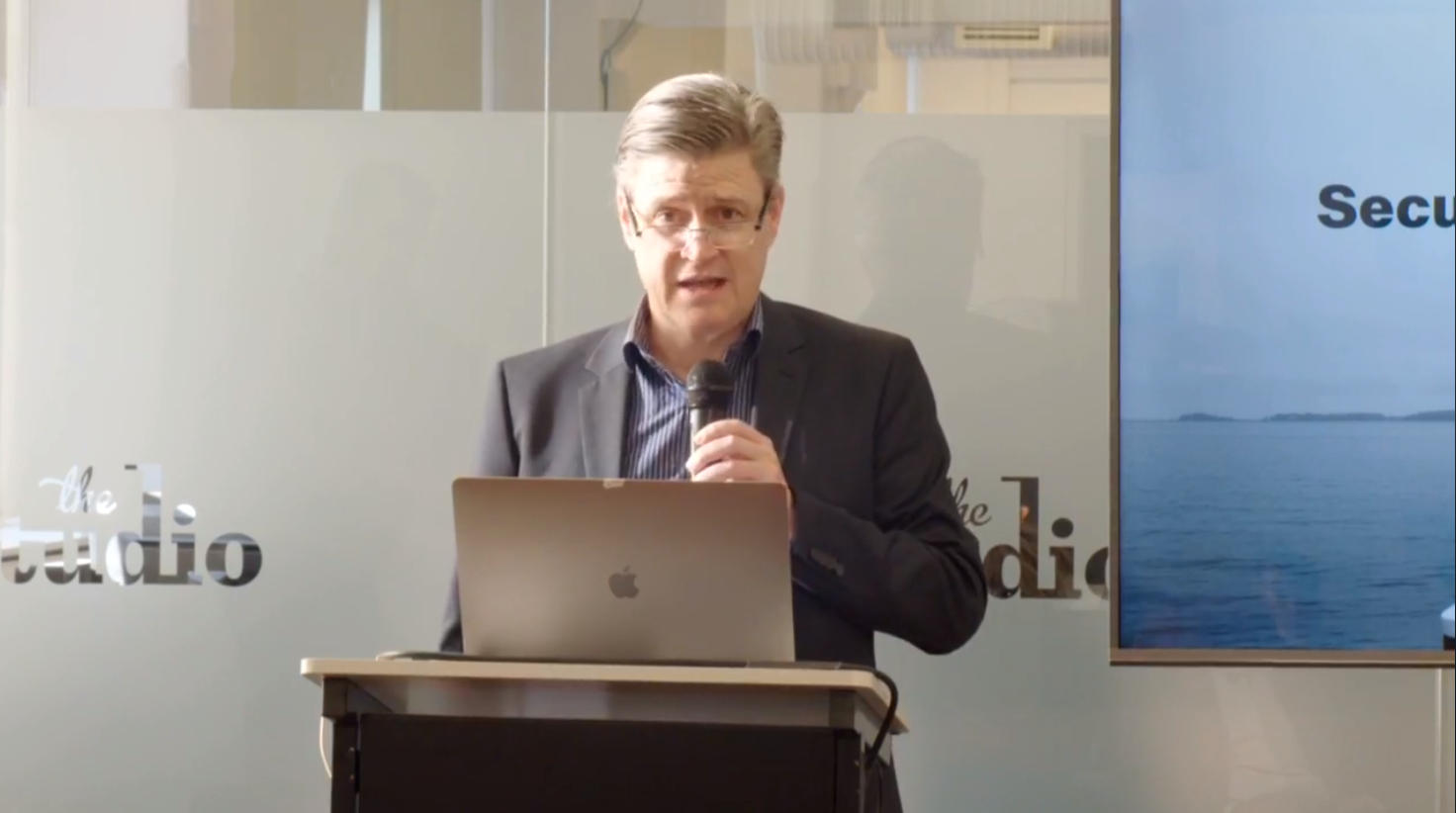Grasp COVID-19
Table of Contents
My thoughts about this crisis and its impact.
Economics
COVID-19 Beyond The Crisis
It’s important to remember that we are all in this together, the entire planet. The other thing to remember is that the pandemic will peak and eventually pass.
The economic outcome is not known but it is not inevitable either. What lies on the other side depends on the choices we make over the coming months and years.
The health outcome is better known. As more of us become infected, and most of us recover, our bodies will be flush with immunoglobulins (antibodies) that recognise the virus. Despite the few reported cases to the contrary, the consensus professional advice is that once infected one does become immune (to Cov-Sars-2).
We should have acted much earlier, as I and many others have been calling for for ages, but we’re acting now and if we keep our distance, the infection rate will drop.
This will be a good outcome in terms of human health but not much reprieve in economic terms. Until we have a vaccine or about 80% of the population has been infected and recovered, the so called “herd immunity” will not exist.
Until then, we will be living under the cloud of this pathogen. Its ongoing impact, while less severe than right now, will not go away any time soon. In fact, we’re likely to be living with it forever (as with the common cold and flu), it’s just that (if the case count remains low at any given time) our health system should be able to deal with it and keep the CFR low (like it is for flu).
What this means is that our society and economy we create to sustain it will need to change. From a social perspective, we will have to assume that physical contact with anyone in public is potentially dangerous. I suspect mask wearing and hand washing will become much more common in places where it has not been in the past. Not a bad thing.
Economically, this pandemic has exposed some serious flaws and fundamental facts about the economic system we have at the moment. The most obvious of these is that there are many jobs in our society which in normal times we do not value but when it comes to our survival we suddenly do. And it’s not just front line health workers, it’s food supply, farmers, logistics, energy and Internet provision. It’s artists of all persuasions, educators and entrepreneurs who seek to solve real problems.
Of less value at these times are the raft of finance, insurance and realestate industry workers.
We’re also quickly learning that cities which cram larger number of people into small spaces are perhaps not the best vision of the future. We see the ubiquity of airtravel as an amazingly efficient vector for the transmission of disease.
We’re learning that our “efficiency at all costs” economy inspired by a privatising debt fueled mindset informed by the neoliberal “market rules” ideology that began with Thatcher and Reagan is not at all resilient to major shocks like this.
Most of all we’re learning that when the chips are down we fall back on Government, however flawed, to mitigate the impact in ways markets cannot and will never be able to do. Blind Freddie can now see that Government has the (unlimited) power to finance what needs to be done.
And what needs to be done?
The wholesale transformation of our society to one capable of addressing the challenges before us. The rebuilding of our economy to one that actually works for all of us. For those rushing to “get back to normal”, it’s timely right now to pause to think “which parts of normal” we really want to want to rush back to?
This pandemic is a “drill for humanity”. A big one to be sure (a lot of people are dying) but there is another threat our neoliberal economic systems are incapable of dealing with, climate change and its impacts. These are many and varied and could include future pandemics more deadly than this.
Now is the time to start imagining a future that is fundamentally different from the past. We’ve done the “unthinkable” before and torn down and rebuilt systems that seemed “unchangeable” from feudalism to slavery to the emancipation of women to the welfare state.
COVID-19 Economic Hibernation
What a difference a week makes!
When dealing with a pandemic that spreads geometrically and kills indiscriminately a global response is required where everyone simply stops and stays at home. All the usual policy prescriptions simply do not work, but that does not mean there are no good options available.
A week ago I wrote how we can avoid catastrophic economic loss and widespread loss of life.
A key takeaway was that we must put our economy into hibernation.
It seems the Government is beginning to understand and is considering how to do it.
The Federal Government is considering a radical suite of measures to effectively put the economy into hibernation, allowing businesses to emerge after the coronavirus crisis, and resume and rehire without crippling debts.
Government thinking seem be taking seriously ideas I advocated. For example,
Banks, lenders and landlords would all be asked to wear some of the pain, waiving all overheads including rents and mortgage repayments for at least the next six months.
However, there are myriad challenges as Laura Tingle points out
Morrison's coronavirus 'hibernation plan' needs work to stop economic collapse.
The challenge lies in how we ensure equity when executing our response. While maintaining "livelihood support" for people directly affected, it's vital we maintain trust in leadership and faith in the outcome for the economy as a whole. Finance Minister Mathias Cormann expressed the right sentiment when he called on all Australians to pull together:
The key here is to come up with a fair and equitable way to spread the pain, so that everyone has the best possible opportunity to be there on the other side.
There are some serious flaws in the policy response to date. For example, allowing superannuation to be raided at this time of crisis serves only to make the crisis worse. While the pandemic itself remains the growing and immediate threat, as the PM says, we need to ensure our policy responses do not result in the collapse of our economy making things even worse. To this I would add that we must address the key failures of the neoliberal model that got us here in the first place.
Time to think outside the box.
COVID-19 Response and Economic Recovery
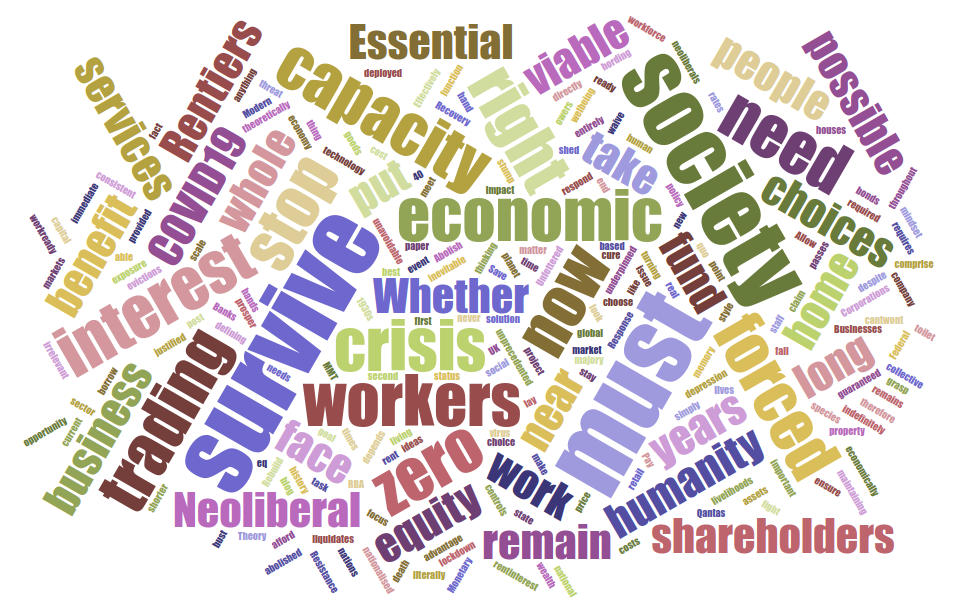 The economic and social impact of COVID-19 is unprecedented in living memory but a 1930's style depression is not inevitable.
It depends on how we choose to respond.
What is unavoidable is the end of the "neoliberal project"
which has underpinned economic policy for 40 years.
The economic and social impact of COVID-19 is unprecedented in living memory but a 1930's style depression is not inevitable.
It depends on how we choose to respond.
What is unavoidable is the end of the "neoliberal project"
which has underpinned economic policy for 40 years.
Corporate "free market" capitalism simply does not work in a time of crisis.
That much is obvious to everyone right now.
However, for most of humanity it has not been working well for decades but we've always been told "there's no better economic system" or it's "too risky to change it".
Not anymore.
We do not need to suffer catastrophic economic loss or widespread loss of life or livelihood. We have never before had the technology, ideas and raw productive capacity to survive this crisis and prosper beyond it than we do right now.
It all depends on the choices we make.
What are those choices?
- Save lives first and livelihoods second.
- Rebuild our economies with a focus on welbeing.
- Do this consistently with protecting our planet.
What does this look like?
- Allow business forced to cease trading to stop paying affected workers.
- Pay those workers directly to stay at home and survive.
- Abolish evictions and waive rent, mortgage and other loan payments.
- Put price controls on essential goods and services.
- Effectively we put the economy into hibernation.
Why is this justified?
- It's not possible to function as before while the virus has no cure.
- Businesses forced to stop trading do so for the benefit of society.
- People need to survive at home in lock-down.
- Society as a whole (via Government) must therefore fund this directly.
- Essential services must be guaranteed.
What about Rentiers, Banks, Corporations and Shareholders?
- Any of these forced to stop trading may shed labour costs (as above),
- Rentiers and banks survive waived rent/interest because they have near zero interest costs,
- if they need more to survive they can borrow against their assets at near zero interest,
- if they need more to survive, shareholders stump up,
- if they can't/won't, the entity liquidates, or
- if it's too important to fail, it's nationalised.
How long do we do this?
Until we cure the disease and the crisis recedes.
This could take years.
How can we afford it?
The long and theoretically consistent answer is provided by Modern Monetary Theory #MMT.
The short answer is that the government sector (Federal Government and RBA) can fund anything required, indefinitely. It does not matter about the markets; equity, bonds or property. They are irrelevant to the immediate task at hand.
The overriding goal must be to maintain the productive capacity of our society to meet the needs of the people that comprise it. This requires able workers and productive capital ready and willing to be deployed when possible. The workforce must therefore remain work-ready and business must remain viable (albeit in hibernation) until the crisis recedes.
This is not the same thing as maintaining the same ownership of our nation's productive capacity. Beyond the virus itself, resistance to this fact is the real threat we face because the current owners will fight to the death (literally, yours, not theirs) to maintain the status quo.
The issue of our time is equity for the benefit of society to ensure society itself remains viable. Whether it's toilet paper, houses, or wealth, hording must be abolished from our collective mindset.
This is the opportunity before us.
If we're willing to grasp it.
Health
Designing Low-Cost Ventilators for COVID-19
This video is worth watching. It summarises the challenges to build a viable ventilator. It highlights the difficulties and in particular need for intelligent control of airway pressure and sympathetic response to patient breathing as ventilation is reduced to avoid doing more harm than good.
Pandemic
Hold The Line
In light of what may to some appear to be draconian measures, this post is salutary:
“Until we get a viable vaccine this unprecedented outbreak will not be overcome in grand, sweeping gesture, rather only by the collection of individual choices our community makes in the coming months. This virus is unforgiving to unwise choices. My goal in writing this is to prevent communities from getting ‘sucker-punched’ by what the epidemiological community knows will happen in the coming weeks. It will be easy to be drawn to the idea that what we are doing isn’t working and become paralyzed by fear, or to ‘cheat’ a little bit in the coming weeks. By knowing what to expect, and knowing the importance of maintaining these measures, my hope is to encourage continued community spirit, strategizing, and action to persevere in this time of uncertainty.”
The Hammer and the Dance
What the Next 18 Months Can Look Like, if Leaders Buy Us Time.
This is a more comprehensive piece similar to “Endgame C” I posted yesterday. It says more or less the same thing which is: Strong coronavirus measures today should only last a few weeks, there shouldn’t be a big peak of infections afterwards, and it can all be done for a reasonable cost to society, saving millions of lives along the way. If we don’t take these measures, tens of millions will be infected, many will die, along with anybody else that requires intensive care, because the healthcare system will have collapsed.
Endgame C
Endgame C, the option with the greatest likelihood to save lives but only if we ACT NOW and stop “everything”. To those who think the cost is too high, the other options will cost more in lost lives and will still have massive economic impact. We can afford C but we must share the burden and focus on keeping people fed, apart and infection free until we have a vaccine. The supply chains for food, energy, healthcare and the Internet need to be kept running and absolutely everything else that cannot be done online put on hold.
US States Take Action
Know Thine Enemy
This a good and somewhat technical piece about what we know and don’t about SARS-CoV-2 which causes COVID-19. There’s a lot we are learning but still a vast amount we don’t know. This piece provides a good snapshot of our best understanding today.
One of the few mercies during this crisis is that, by their nature, individual coronaviruses are easily destroyed. Each virus particle consists of a small set of genes, enclosed by a sphere of fatty lipid molecules, and because lipid shells are easily torn apart by soap, 20 seconds of thorough hand-washing can take one down. Lipid shells are also vulnerable to the elements; a recent study shows that the new coronavirus, SARS-CoV-2, survives for no more than a day on cardboard, and about two to three days on steel and plastic. These viruses don’t endure in the world. They need bodies.
And that’s why what we do (don’t give the virus new bodies to infect) becomes key to our survival in the absence of a vaccine.
To be clear, SARS-CoV-2 is not the flu. It causes a disease with different symptoms, spreads and kills more readily, and belongs to a completely different family of viruses. This family, the coronaviruses, includes just six other members that infect humans. Four of them—OC43, HKU1, NL63, and 229E—have been gently annoying humans for more than a century, causing a third of common colds. The other two—MERS and SARS (or “SARS-classic,” as some virologists have started calling it)—both cause far more severe disease.
Why was this seventh coronavirus the one to go pandemic?
The structure of the virus provides some clues about its success. In shape, it’s essentially a spiky ball. Those spikes recognize and stick to a protein called ACE2, which is found on the surface of our cells: This is the first step to an infection. The exact contours of SARS-CoV-2’s spikes allow it to stick far more strongly to ACE2 than SARS-classic did, and “it’s likely that this is really crucial for person-to-person transmission,” The tighter the bond, the less virus required to start an infection.
There’s another important feature. Coronavirus spikes consist of two connected halves, and the spike activates when those halves are separated; only then can the virus enter a host cell. In SARS-classic, this separation happens with some difficulty. But in SARS-CoV-2, the bridge that connects the two halves can be easily cut by an enzyme called furin, which is made by human cells and—crucially—is found across many tissues.
Most respiratory viruses tend to infect either the upper or lower airways. In general, an upper-respiratory infection spreads more easily, but tends to be milder, while a lower-respiratory infection is harder to transmit, but is more severe. SARS-CoV-2 seems to infect both upper and lower airways, perhaps because it can exploit the ubiquitous furin. This double whammy could also conceivably explain why the virus can spread between people before symptoms show up—a trait that has made it so difficult to control. Perhaps it transmits while still confined to the upper airways, before making its way deeper and causing severe symptoms.
All of this is plausible but totally hypothetical; the virus was only discovered in January, and most of its biology is still a mystery.
Update 02
Latest information picked from across the interweb in light of developments over the past week…
It's going to be 12-18 months until Covid-19 has a safe, effective vaccine.
It could easily be longer. It took years to develop the MERS vaccine and a SARS vaccine was never developed (due to lack of financial incentive after it was suppressed successfully).
Epidemiologists seem to agree that Covid-19 is going to infect about 40% to 70% of the world population per eventually. A rough approximation of the infection level is 1-(1/R0). So if R0 is 2.0 then herd immunity would stop it at ~50%. If R0 is 4.0 then herd immunity would stop it at ~75%. It's more complicated at that but that equation catches the gist of it.
Testing is not useless.
Even when infections are widespread. Korea has suppressed their epidemic by free, easily available testing. China has ended their epidemic the same way.
There are people at every building checking temperatures. If you have a temperature you are sent to a special testing facility. You get an immediate, free bacterial test. If that is negative you get a lung Cat Scan. If that shows clouding of the lungs, you get a free Covid19 test. You are not allowed to go home until the results come back (so you don't infect your family).
But… if people resume any kind of normal life then the epidemic starts up again. If you get sick, it's important to have a support network to deliver you food and check up on you.
The UK approach is going to get a lot of people needlessly killed. They need to remove Boris ASAP and put in someone who isn't comfortable with eugenics based genocide. Boris's plan will make the situation in UK worse than that in Italy. Which is a tragedy.
Young people need to get over the idea they are immune. If you read the italian stories, there are many young people in the hospital in coma's on oxygen. And each one of them is causing another person to die who would have been treated but they took the slot because they are young. They'll also be left with organ damage and impaired health because too many got too sick too fast because they were out celebrating sport at the bar instead of self quarantining.
This is growing very fast in the U.S. Last three fridays 62 to 329 to 2284 cases. At that rate, next friday will see over 16,000 cases. At that rate, the following friday would see over 110,000 cases. And those cases are really already baked in. They cannot be avoided. Apparrently there was a 100,000 person rodeo in Houston at which at least one Covid-19 positive person was at. That's comparable to the 40,000 person neighborhood pot luck festival in China which lead that neighborhood to have to the highest case and death rate in Wuhan province. The question is can the US limit the following friday to 200,000 cases or will it be 800,000 cases? It's doubling roughly every 3 days in the united states.
While China, Korea and other places are demonstrating how to stop the spread, the economic cost is severe. There will be enormous pressure to restart their economies but as soon as they do it's going to start spreading again. They will have to continue widespread testing to slow the rate. We all will.
There is also the concern about the "L" and "S" strains. It may indicate that the virus could mutate into a new independent strain which could possibly (re)infect you roughly every 100,000 cases. If that's true, letting it run rampant in a population might cause multiple strains which do not provide immunity to each other.
That's apocalyptic.
Are you listening Boris?
We need to keep sick people from spreading their own mutated variety (and it mutates in every person it infects, just not enough to become a separate strain, usually).
Try to be kind to others during all this. Most will survive. Many will not.
PS: apropos R0 - In epidemiology, the basic reproduction number (sometimes called basic reproductive ratio, or incorrectly basic reproductive rate, and denoted R0, pronounced R nought or R zero) of an infection can be thought of as the expected number of cases directly generated by one case in a population where all individuals are susceptible to infection.
Read on Facebook.
Update 01
It seems information about NCV I shared earlier may be misleading or erroneous. I say “may be” because I’m not sure. I shared because it came from a trusted friend (whom I know does a good job checking facts and whom I still trust!). This has highlighted a major problem in times like these; we can trust no one, not even those we know well or the official sources, not because they are malicious but because like me (and most of the planet) everyone is still learning.
Official sources, even WHO, are potentially unreliable because they have multiple mandates, for example to minimise panic while getting actionable facts into the hands of the public. Politicians seeking to appear in control are, more often than not, doing things that make things worse. And I’m not just talking about that dangerous idiot in the WH.
Even with my limited knowledge of epidemics it seems WHO should have called this pandemic weeks ago. I guess they did not do so to avoid panic but all they have done is delayed action that could have mitigated what we have now. On the other hand, to call it before it gets out of hand would have drawn criticism of being panic merchants with an agenda (like those warning of the need to act on climate change are every day). This is because earlier action may have prevented it becoming a major pandemic and so the world, from Trump down, would have said “what’s the problem you bloody panic merchants you’ve crashed share market for no reason!”. Sometimes major human suffering is needed to bring about major human change. I’m sure it’s part of WHO’s calculus.
Maths does not lie. Humans have a very poor understanding of it, exponentials in particular. For example, if you assume each infected person infects only two others in the course of a day, before isolating and recovering or dying, how many days would it take to infect the entire world population? I’ll let you answer that one. This is complex in detail but simple in principle. The answer is alarming but solution is simple (again in principle).
So what do you do? Bottom line: don’t become infected. How? Don’t expose yourself to the pathogen? How? Avoid contact with everyone, even those you trust to be doing the same thing. That’s why isolation is so important. It’s also why action to mitigate ingestion of the virus when isolation is not possible is also vital, and it’s not always possible because our economy needs to function enough to feed us at the every least.
What is that action?
WHO recommend washing hands with soap and water for an extended time before touching your face or eating anything, every single time. 95% alcohol sanitiser is a second best option when soap and water are not available. It will be seconds afterward that you will touch something potentially infected, not the least of which is probably your phone.
All the other stuff in my earlier post may or may not be true. For example UV in sunlight does kill viruses but it’s not clear how effectively in the case of NCV. There’s no evidence I’ve found to confirm drinking hot water makes a difference. Etc etc.
So, stay safe people, stay separate from one another, wash hands before you touch your face, eyes, ears or mouth and especially before you eat.
EVERY SINGLE TIME.
One last point; many people say “it’s not so bad, especially if you’re young”. That may be true, it may not be, but even if it is, remember you will be a vector of infection even if you don’t get any symptoms yourself and could therefore be responsible for the suffering or death of others. So operate on the basis that your life is at risk too.
Read on Facebook.
Statistics
Infection Trajectories
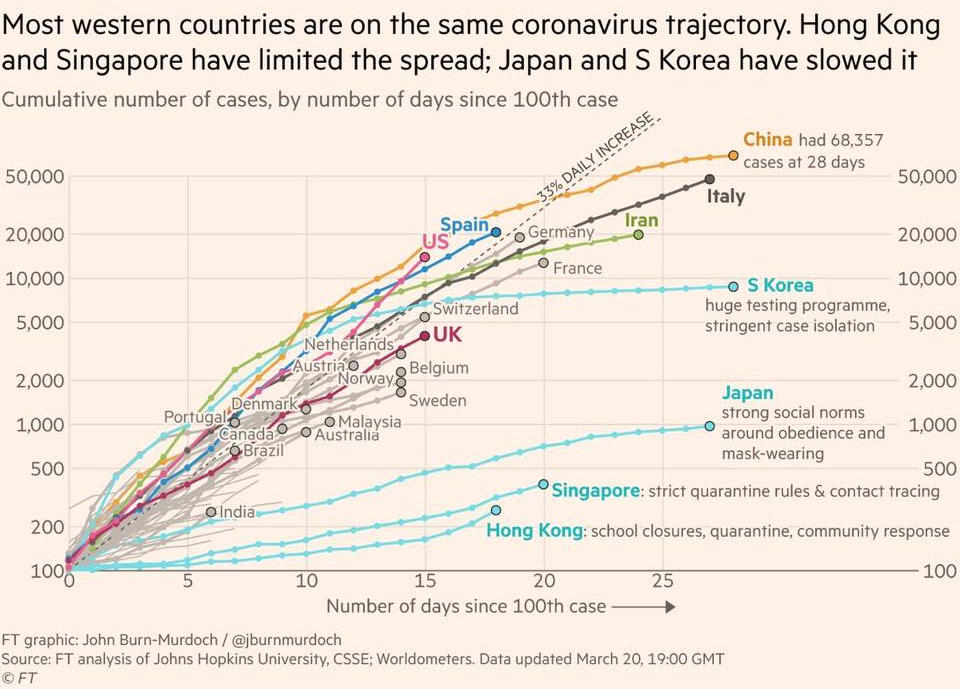
Government Response
Federal Economic Response
The Government is acting decisively in the national interest to support households and businesses and address the significant economic consequences of the Coronavirus.
While the full economic effects from the virus remain uncertain, the outlook has deteriorated since the Government’s initial Economic Response announced on 12 March 2020.
The spread of the virus worldwide has broadened, and is expected to be more prolonged. Governments, both international and domestic, have announced stricter mitigation measures to slow the spread of the virus, which are having significant economic impacts.
On 30 March, the Government announced the $130 billion JobKeeper Payment to help keep Australians in jobs as we deal with the significant economic impact from the Coronavirus. This brings the Government’s total support for the economy to $320 billion across the forward estimates, representing 16.4 per cent of annual GDP.
JobKeeper Payment
The Government has announced a $130 billion JobKeeper payment to help keep more Australians in jobs and support businesses affected by the significant economic impact caused by the Coronavirus. Around 6 million workers will receive a fortnightly payment of $1,500 (before tax) through their employer. The payment ensures eligible employers remain connected to their workforce and will help businesses restart quickly when the crisis is over.
Register Here https://www.ato.gov.au/Job-keeper-payment
You will receive this message upon completion:
You've registered for updates on the JobKeeper payment. This program provides a wage subsidy for employers to support employees. You do not need to phone us. We will contact you as soon as more information is available. You only need to register once.
Other sources of information.
There are a few good articles in the press too:
ATO Support
The Australian Taxation Office (ATO) will implement a series of administrative measures to assist Australians experiencing financial difficulty as a result of the COVID-19 outbreak. Commissioner of Taxation Chris Jordan is encouraging businesses impacted by the coronavirus to get in touch with the ATO to discuss relief options.
“We know that many businesses and communities are being heavily affected by the challenging economic conditions created by the outbreak of COVID-19,” he said. “The ATO will work shoulder-to-shoulder with businesses to assist them through this difficult period and do what we can to ease the pressure. “Once you contact us, we’ll tailor a support plan for your needs and circumstances. “Support measures could include deferral of some payments, quicker access to GST refunds, and options to enter low interest payment plans for existing or future tax debts.”
We understand this is a time of significant uncertainty and that we will need to be flexible in how we help businesses.
Options available to assist businesses impacted by COVID-19 include:
- Deferring by up to six months the payment date of amounts due through the business activity statement (including PAYG instalments), income tax assessments, fringe benefits tax assessments and excise
- Allow businesses on a quarterly reporting cycle to opt into monthly GST reporting in order to get quicker access to GST refunds they may be entitled to
- Allowing businesses to vary Pay As You Go (PAYG) instalment amounts to zero for the March 2020 quarter. Businesses that vary their PAYG instalment to zero can also claim a refund for any instalments made for the September 2019 and December 2019 quarters
- Remitting any interest and penalties, incurred on or after 23 January 2020, that have been applied to tax liabilities
- Working with affected businesses to help them pay their existing and ongoing tax liabilities by allowing them to enter into low interest payment plans.
- Employers will still need to meet their ongoing super guarantee obligations for their employees.
To make it easier for people to apply for relief we will be increasing our presence in the areas of highest impact. A temporary shopfront with staff specialising in assisting small business will be established in Cairns within the next few weeks. In addition, we will consider ways to enhance our presence in other significantly affected regions, making it easier for people to apply for relief. Additional temporary shopfronts and face-to-face options are currently under consideration.
We will also continue to work with the tax profession, other government agencies and local organisations to make sure other impacted communities are also supported during this time. We will ensure our services are tailored to the needs of the community and will work with taxpayers and their tax agents to tailor support to their individual circumstances.
Outside of business, the ATO will also work with individuals experiencing financial hardship, and their tax agents, and will apply appropriate tax relief measures for serious and exceptional circumstances, such as where people cannot pay for food or accommodation.
Unlike the bushfire relief measures, which applied automatically to particular geographic areas, assistance measures for those impacted by COVID-19 will not be automatically implemented.
Anyone impacted by COVID-19 is advised to contact the ATO to request assistance on our Emergency Support Infoline 1800 806 218, when they are ready, to discuss their situation.
Prime Ministerial Updates
Information for Business
Coronavirus information and support for business Find financial assistance, eligibility and timing for the new government support for Australian businesses. We'll be updating this page as new information is available.
Directors Liability
aicd.companydirectors.com.au/covid-19
The Federal Government announced on Sunday that directors would be exempt from personal liability for trading while insolvent for six months as part of its response to COVID-19. This is welcome news for the AICD community with many organisations likely to face unprecedented disruption in coming months. This will give directors more confidence to trade through this crisis rather than place a business into administration, with the costs and job losses that entails.
Importantly, even though not personally liable for debts incurred, directors will still need to manage their general duties including to act in the best interest of the corporation and with due care and diligence, during these extremely trying times. These duties can change in nature during situations of insolvency, with the rights of creditors needing to be factored into board decision-making. Further discussion of directors’ duties in light of the Government announcement is available here.
Separately the Government intends to grant the Treasurer powers to exempt companies from Corporations Act requirements during these times, including with respect to the holding of physical annual general meetings.
The AICD has made its webinar Turnaround Fundamentals available free to members as a resource for navigating the months ahead.
NSW Response
revenue.nsw.gov.au/covid-19-tax-relief-measures
The NSW Government has announced tax relief measures as part of its economic package to help businesses impacted by COVID-19. Payroll tax Waivers and deferral arrangements have been announced to provide relief for payroll tax customers. Read more information on these initiatives and the increase to the 2020/21 payroll tax threshold. Gaming machine tax Clubs and hotels will have their gaming machine tax payments deferred from March 2020 until 1 September 2020. More information on payment arrangements will be provided soon. Parking space levy payments will be deferred until 30 September 2020. More information on payment arrangements will be provided soon. Lotteries and Keno payments will be deferred from 1 April 2020 to 30 September 2020. More information on payment arrangements will be provided soon.
City of Sydney
Covid-19: Support for business
The Covid-19 pandemic adversely impacts businesses of every size within the City of Sydney area. We have provided a package of measures worth $25m to support businesses and reduce the financial impact of Covid-19. These measures will be in place for an initial six months.
We will:
- waive fees for Health and Building compliance activities (expected revenue loss of $1.6m)
- review rents in City of Sydney premises for tenants that require support case-by-case and in consultation with these tenants (expected cost up to a value of $4m)
- waive our standard contractual terms and return booking and banner fees to people and organisations who have booked our venues and are now unable to proceed with their bookings (expected cost up to a value of $3m)
- waive footway dining, market permit and filming fees on the grounds of hardship (expected revenue loss of $1.5m)
- provide a flexible approach to parking and other infringements (expected revenue loss of $10-15m).
We will work with our major business partners and contractors on whether services can continue in their current form and support them to maintain long-term business continuity. The financial support above adds to policy changes we have put in place. These policy changes include:
- support businesses that need to expand their outdoor dining areas and increase or introduce take away food options to allow for social distancing
- only take enforcement action for matters that present an imminent public, environmental, health or safety risk
- allow supermarkets and other stores to operate their loading docks 24 hours a day to deliver essential goods.
We are developing a second stage support package, targeting those in small business and the creative, arts and entertainment industries. Staff will continue to work with the state and federal governments to ensure communities receive the financial relief that is needed.
Home Affairs
COVID-19 and the border: Updates to Australia's immigration and border arrangements during the COVID-19 (Coronavirus) outbreak.
AusTrade
Austrade is open for business and our network of 1,100 staff is committed to helping you through this time. As part of ‘Team Australia’, Austrade is working closely with the network of government departments and industry agencies to help Australian businesses overcome complex and fast-evolving COVID-19–related challenges. This site provides updates on markets and logistics, and links through to the Government’s extensive business support programs.
CSIRO
We are involved in key research in the rapid global response to the novel coronavirus outbreak. The work builds on our strong history protecting people in Australia and around the world from the threat of infectious diseases.
Impressum
(about this page)
CHBMZ7KX |
Grasp COVID-19 |
|---|---|
| Document | CHBMZ7KX/2tpigfg67m2x7xop |
| Copyright | © 2020 Bruce Tulloch. |
| License | Attribution-NonCommercial-NoDerivatives 4.0 International (CC BY-NC-ND 4.0) |
| Author | Bruce Tulloch. |
| About | This information is maintained for personal use only. It is shared in the hope that you may also find it useful. |
| About this Document | This responsive single page blog is generated by Grasp. Grasp is a tool for publishing permalinked documents (called grasps). They are deeply hyperlinked, may be updated live, read online or offline, shared via email or downloaded for printing. |
The Studio Demo Day
Our demo day became virtual today, for good reason. For those who have asked about what The Studio is and does, here’s my short intro. Check out the The Studio for presentations by many of our amazing residents and a keynote by Kevin Bloch, MD and CTO at Cisco Australia and New Zealand one of our key corporate sponsors, on overcoming the challenges in communications, especially at this time of enforced social distance.
Impressum
(about this page)
CHBMZ7KX |
Grasp COVID-19 |
|---|---|
| Document | CHBMZ7KX/ozruyr1vmb6p2aeo |
| Copyright | © 2020 Bruce Tulloch. |
| License | Attribution-NonCommercial-NoDerivatives 4.0 International (CC BY-NC-ND 4.0) |
| Author | Bruce Tulloch. |
| About | This is a personal blog. It represents the views of no other person or entity. I strive to be accurate, I rely on objective evidence and I do my best to apply sound theoretical thinking to form my opinions. |
| About this Document | This responsive single page blog is generated by Grasp. Grasp is a tool for publishing permalinked documents (called grasps). They are deeply hyperlinked, may be updated live, read online or offline, shared via email or downloaded for printing. |

